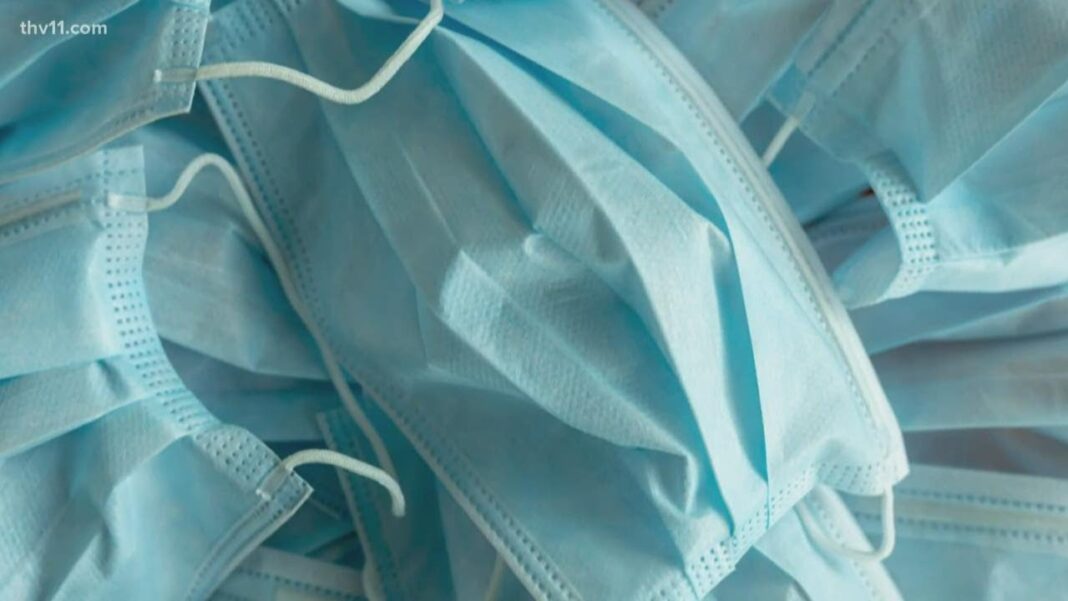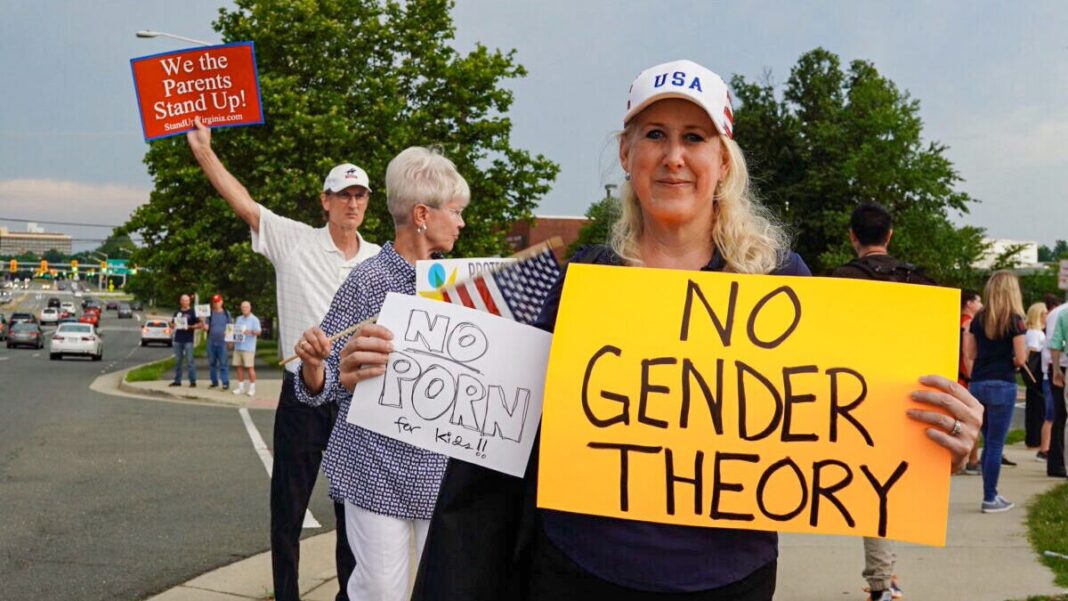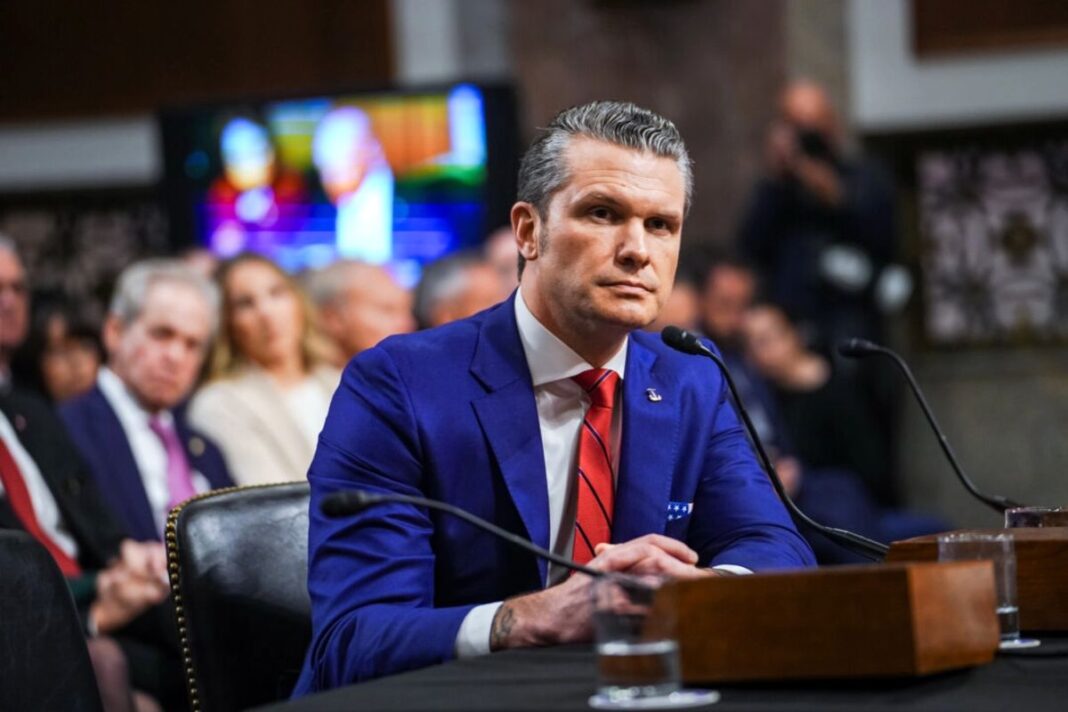The Chinese Communist Party has not responded to the lawsuit.
The Chinese Communist Party (CCP) will be on trial in Missouri on Jan. 27 after the state sued over damages sustained as a result of its actions during the COVID-19 pandemic.
“We’re hauling China into court to hold them accountable for unleashing COVID-19 on the world,” state Attorney General Andrew Bailey said in a press release, Gray Media local affiliate KAIT8 reported.
It said that Bailey is scheduled to appear in federal district court in Cape Girardeau for the trial.
Missouri will be the first state to sue the CCP and its relevant entities over actions it says allowed COVID-19 to spread globally.
Bailey’s office said it will seek $25 billion in damages for actions it says caused significant loss of life and economic disruptions in Missouri and harmed its citizens.
“Missouri v. China is truly a landmark case, as we seek $25 billion in damages,” Bailey said. “We won a key victory in this case last year, so we’re feeling confident heading into trial.”
Bailey filed the lawsuit in federal district court in 2020 during the pandemic. Bailey’s office sought damages for the CCP’s cover up of critical information about human-to-human spread of the virus inside China and for hoarding personal protective equipment.
None of the China-based defendants named in the lawsuit responded, though briefs were filed by Lawyers for Upholding International Law and The China Society of Private International Law to defend China.
The CCP dismissed any factual or legal basis for the lawsuit, which it called “very absurd.”
The case was dismissed by the district court judge, who ruled that the defendants were immune under the 1976 Foreign Sovereign Immunities Act (FSIA), which generally prohibits lawsuits against foreign states in U.S. courts. Upon appeal to a three-judge panel of the U.S. Court of Appeals for the Eighth Circuit, Missouri’s case was revived in January 2024 but only for the state’s claims regarding the hoarding of personal protective equipment.
The panel ruled that part of the lawsuit as an antitrust claim that fell under the statutory exception related to commercial activity by foreign states.
By Melanie Sun







